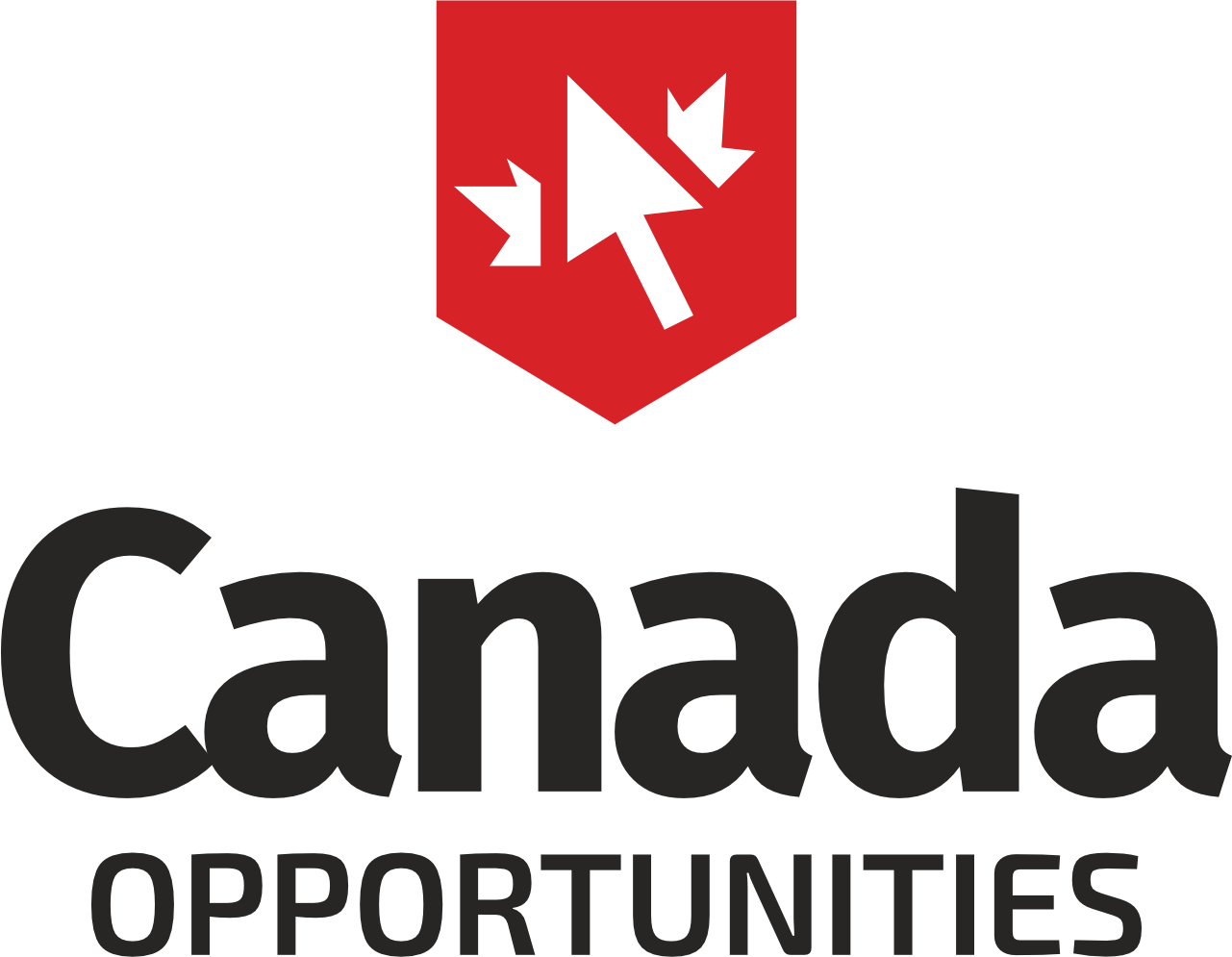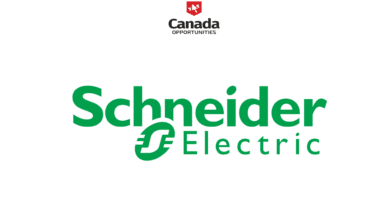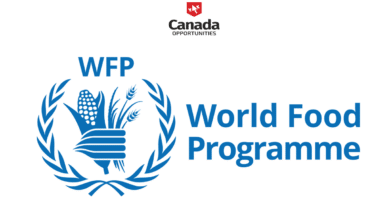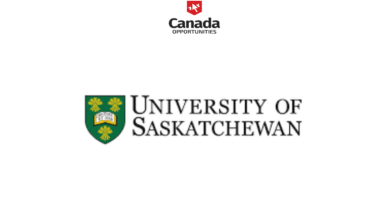WTO Launches Global Call for Candidates for 2025 Young Professionals Programme
Closing Date: 02 April 2024
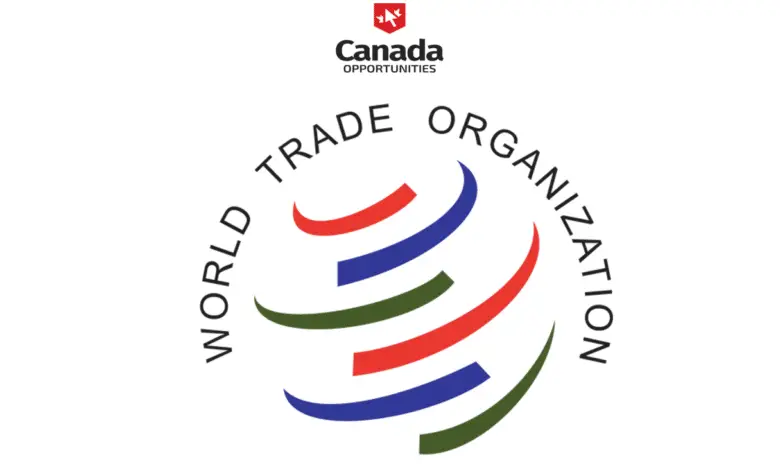
WTO Launches Call for Candidates for 2025 Young Professionals Programme
The WTO has issued a call for candidates for the 2025 Young Professionals Programme (YPP). Candidates up to the age of 32, as of 1 January 2025, from eligible developing economies and least-developed countries (LDCs) are invited to submit their application by 2 April 2024. The selected candidates will work in the WTO Secretariat for one year, starting in January 2025.
Job Context
The WTO Young Professionals Programme (YPP) is a unique opportunity for qualified young professionals up to the age of 32 years, as at 1 January 2025, from WTO Members with low or no professional representation in the WTO Secretariat, to enhance their knowledge of WTO and skills in international trade issues. The Programme aims to widen the pool of professionals from these WTO Members, with the ultimate goal of broadening their representation in the WTO and/or other regional and international organizations. Further information on the YPP can be found on the WTO website at https://www.wto.org/english/thewto_e/vacan_e/ypp_e.htm.
ALL APPLICATIONS MUST BE SUBMITTED IN ENGLISH, ACCOMPANIED BY A COVER LETTER OF MOTIVATION, WHICH SHOULD INDICATE UP TO THREE AREAS OF WORK (SEE DETAILS UNDER GENERAL FUNCTIONS), IN ORDER OF PREFERENCE, THAT THE APPLICANT WOULD BE INTERESTED IN. Applications with no accompanying letter of motivation will not be considered.
This programme offers selected young professionals the opportunity to gain work experience in the WTO. It is a one-year programme without possibility of extension.
General Functions
The selected Young Professional will be placed in a specific Division of the WTO Secretariat in accordance with the needs and priorities of the Organization; and based on the identified areas of interest of the Young Professional. Each Young Professional may express interest in no more than three areas of WTO work; and should state their order of preference.
The areas of work may include, inter alia, the following (in alphabetical order):
– Accessions
– Agriculture
– Climate change
– Communications and External Relations
– Competition Policy
– Council and Trade Negotiations
– Digital Trade
– Dispute Settlement
– Economic Research and Statistics
– Government Procurement
– Intellectual Property Rights
– Investment Facilitation for Development
– Micro, Small and Medium-sized Enterprises (MSMEs)
– Market Access (tariffs and non-tariff barriers)
– Sanitary and Phytosanitary measures
– Technical Barriers to Trade
– Trade and Development
– Trade and Environment
– Trade Facilitation
– Trade Finance
– Trade and Gender
– Trade in Services and Investment
– Trade Policy Analysis
– Trade-Related Technical Assistance.
– Trade Remedies (anti-dumping and countervailing duties)
REQUIRED QUALIFICATIONS
Education:
Advanced university degree in economics, econometrics, international relations, law, environment studies, or other trade-related subjects relevant to the work of the WTO e.g. international investment law, trade and gender, etc.). Applicants must have obtained their advanced university degree by the time they submit their application.
Knowledge and Skills:
General knowledge of the work of the WTO.
Technical knowledge in one or more of the areas of work indicated above.
Good drafting skills in English. Ability to draft in French and/or Spanish would be an advantage.
Ability to work independently and as part of a team, in a multicultural environment.
Demonstrated strong interest in international trade and the multilateral trading system.
Commitment and passion for trade or WTO-related work.
Work Experience:
Minimum two (2) years of professional experience relevant to the work of the WTO.
Languages:
Fluency in English. A good working knowledge of either French or Spanish would be an advantage.
Information:
Preference shall be given to nationals from WTO Members without any representation as well as from developing and least developed countries (LDCs) Members with low representation (up to three staff members) at the professional level in the Secretariat (list below). Priority will be given to WTO Members from developing and LDCs that have no representation and have not participated in previous cohorts of the YPP (marked with an asterisk in list below).
Afghanistan, Albania, Angola*, Antigua and Barbuda, Armenia, Bahrain, Bangladesh, Barbados, Belize, Benin, Plurinational State of Bolivia, Botswana*, Brunei Darussalam*, Burkina Faso, Burundi, Cabo Verde*, Cambodia, Cameroon, Central African Republic*, Chad*, Chile, Congo*, Costa Rica, Côte d’Ivoire, Cuba, Cyprus, Democratic Republic of the Congo*, Djibouti*, Dominica, Dominican Republic, Ecuador, El Salvador, Eswatini, Fiji, Gabon*, The Gambia, Georgia, Ghana, Grenada*, Guatemala, Guinea, Guinea-Bissau*, Guyana, Haiti, Honduras, Hong Kong China, Iceland, Indonesia, Israel, Jamaica, Jordan, Kazakhstan, Kenya, Kuwait*, Kyrgyz Republic*, Lao People’s Democratic Republic*, Latvia, Lesotho, Liberia, Liechtenstein, Luxembourg, Macao China, Madagascar, Malawi, Malaysia, Maldives, Mali, Malta, Mauritania, Mauritius, Moldova, Mongolia, Republic of Montenegro, Morocco, Mozambique, Myanmar*, Namibia, Nepal, Nicaragua, Niger*, Nigeria, North Macedonia, Norway, Oman, Pakistan, Panama, Papua New Guinea, Paraguay, Qatar*, Rwanda, Saint Kitts and Nevis*, Saint Lucia, Saint Vincent and the Grenadines, Samoa*, Saudi Arabia*, Senegal, Seychelles, Sierra Leone*, Singapore, Slovak Republic, Slovenia, Solomon Islands*, South Africa, Sri Lanka, Suriname*, Chinese Taipei, Tajikistan, Tanzania, Thailand, Togo, Tonga*, Trinidad and Tobago, Tunisia, Uganda, Ukraine, United Arab Emirates*, Uruguay, Vanuatu*, Bolivarian Republic of Venezuela, Viet Nam, Yemen*, Zambia, Zimbabwe
Only applications from nationals of WTO Members will be accepted. Female candidates are strongly encouraged to apply to this Programme.
The WTO may use various communication technologies such as video or teleconference for the assessment and evaluation of candidates. The recruitment process may also involve the use of various forms of testing, assessment centres, interviews and reference checks.
Additional Information:
Only applications from nationals of WTO Members will be accepted.
The WTO may use various communication technologies such as video or teleconference for the assessment and evaluation of candidates. The recruitment process may also involve the use of various forms of testing, assessment centres, interviews and reference checks.
All applicants are encouraged to apply online as soon as possible after the vacancy has been posted and well before the closing date – Geneva (Switzerland) time – stated in the vacancy announcement.
See link below for more information.
